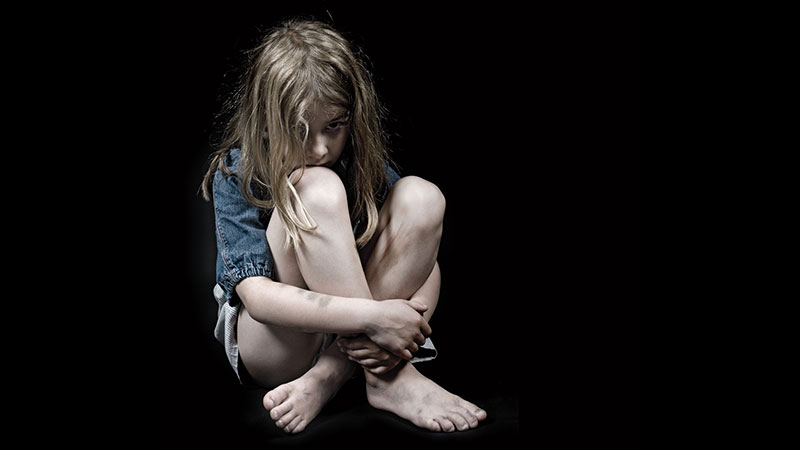Dear Neil: I married the distant/critical type and had to get divorced. I am currently dating the loving/approving type, but I occasionally find myself being distant and critical with him. What do I do to stop the cycle and not drive the good man away?
Christchurch, New Zealand
Dear Neil: I’ve been married 23 years (the second time around) and find myself in the same boat as the first time. Intimacy just isn’t there, and I think that most of the problem is mine.
My father was an alcoholic jackass, and because habits of mine that stem from my childhood, I find I isolate myself and feel alone a lot.
Milhuake, Wisconsin
Dear Neil: My past includes child neglect and mental and physical abuse. I am aware that possess some dysfunctional communication patterns, fear of trusting, fear of intimacy, moderate depression at times and moderate bouts of anxiety.
I want to learn effective intimacy and people skills. I’d like to trust others and gain self-esteem. I do not want my childhood to continue into the future, so I desperately desire to heal the trauma and make peace with my past. How do I do this?
Colorado Springs, Colorado
Dear Readers: If you grew up as an abused, neglected, unwanted or incested child, your tendency in your adult intimate relationships will be to do one of three things. You will:
- Choose an intimate partner who will treat you similarly to the way you were treated as a child.
- Behave in a child like or irresponsible way, thereby forcing your intimate partner to treat similarly to the way you were treated when you were young; or
- Constantly protect yourself—not trusting and emotionally investing a lot, and not loving very deeply—as a way of insuring that you won’t get too hurt if anything goes wrong in the relationship.
In all three cases you will, in essence, be acting just as if what happened to you in the past is still happening to you today.
You will thus behave in your intimate relationships in a cautious, mistrusting or self-protective way, and you will not love freely or easily.
You are then in danger of spending your adulthood repeating the same pattern and scenarios of your childhood: choosing an emotionally distant, rejecting, unloving or ungiving mate, and then trying to “win” the nurturance, attention, approval, affection or love by proving yourself lovable and worthy.
How do you free yourself from the destructive and self-defeating influences from your past Ask yourself the following questions:
- What painful or destructive experiences occurred in my childhood?
- What are the destructive or dysfunctional issues that occur over and over again in my intimate relationships?
- What do I need to change in my relationships that sabotages trust, intimate connection and love?
- What blocks me from making those changes and what should I do about those blocks?
“There is nothing noble about being superior to some other man. True nobility is in being superior to your previous self.” (Hindu proverb)



